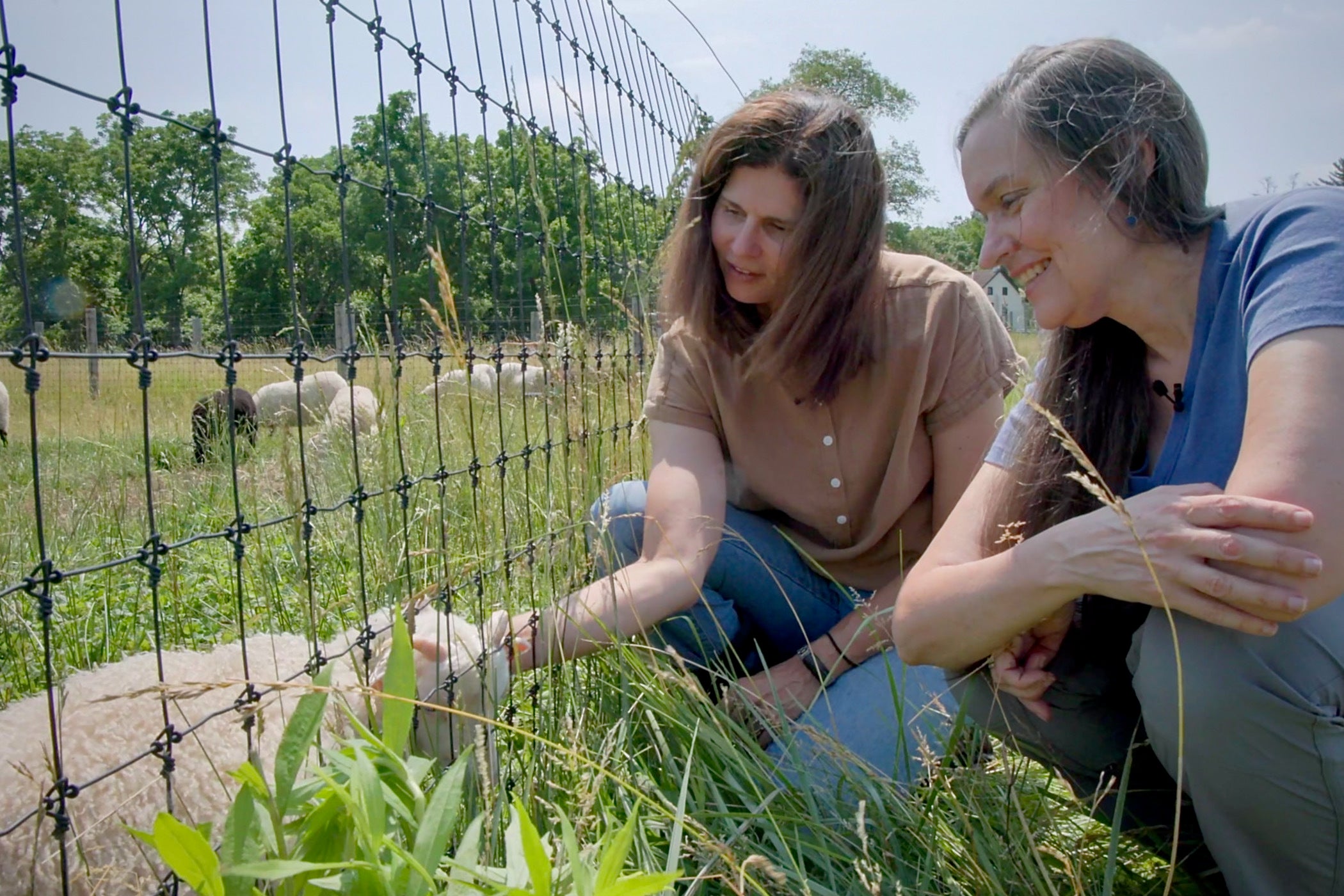Fashion
Climate Fixers: Slowing down fashion with a century-old tradition

Another climate-friendly practice at Willow Creek is its on-site mill, so there’s no need to ship the wool off to a faraway processor. Smith said after the sheep are sheared, the Belfast Mini Mill makes it easy to go from “sheep to skein.”
The mechanized mill includes several pieces of equipment that take the raw wool, put it through a tumbler, a washer, a picker, a separator, a carder, a draw frame, a spinner, a plyer and, lastly, the skein winder, where the final ball of yarn is ready to be turned into a sweater, blanket or shawl.
Smith is part of a growing movement to “slow down” fashion by promoting the use of natural fibers. Current trends favor fast fashion, with its mixed synthetic fibers that are often made from fossil fuels. These clothes have become just too cheap, and for some who like the elasticity, too functional for many to resist buying. And because the quality is typically poor, or the fashion trends change so quickly, these garments will soon end up in a landfill or incinerator, contributing to pollution generally but also, increased carbon emissions.
“As consumers, we can make some choices with our clothing rather than buying things that may look great, but maybe we’re only gonna wear one or two times,” Smith said. “But investing in these slow pieces that can be timeless, but also something that you can have in your wardrobe for many years is something that you can do for yourself and to help climate change.”
Willow Creek’s woolens are woven into blankets by Bedfellow Blankets, and even used in sustainable furniture making by Common Object Studios as part of what’s known as a circular economy, which aims to create new products without creating additional waste.









